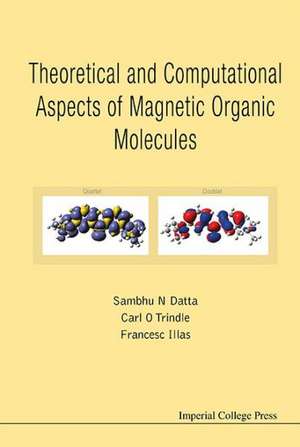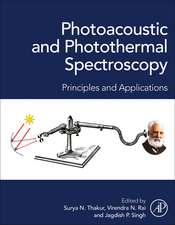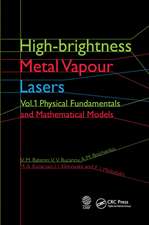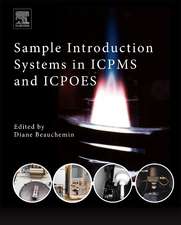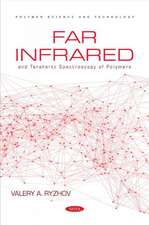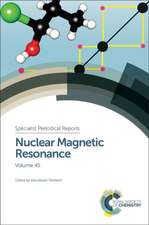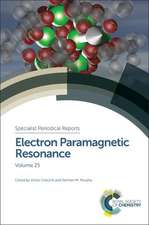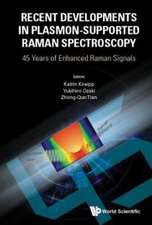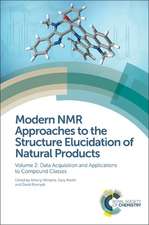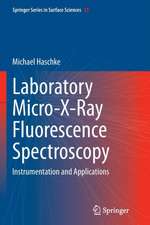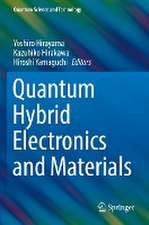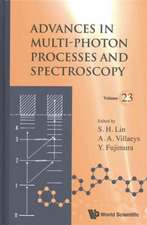Theoretical and Computational Aspects of Magnetic Organic Molecules: The Cause of Complexity and Symmetry Breaking
Autor SAMBHU N DATTA, CARL O TRINDLE, FRANCESC ILLASen Limba Engleză Hardback – 22 dec 2013
Preț: 708.67 lei
Preț vechi: 864.22 lei
-18% Nou
Puncte Express: 1063
Preț estimativ în valută:
135.60€ • 141.96$ • 112.20£
135.60€ • 141.96$ • 112.20£
Carte tipărită la comandă
Livrare economică 07-21 aprilie
Preluare comenzi: 021 569.72.76
Specificații
ISBN-13: 9781908977212
ISBN-10: 1908977213
Pagini: 348
Dimensiuni: 160 x 231 x 23 mm
Greutate: 0.68 kg
Ediția:New.
Editura: Imperial College Press
ISBN-10: 1908977213
Pagini: 348
Dimensiuni: 160 x 231 x 23 mm
Greutate: 0.68 kg
Ediția:New.
Editura: Imperial College Press
Cuprins
Introduction to Magnetism; Organic Molecules, Radicals and Spin States; Theoretical Methodologies; Molecular Orbital Description of Magnetic Organic Systems; Qualitative Guides to Preferred Spin States: The Spin Alternation Rule; Quantum Chemical Calculations: Structural Trends; Highly Magnetic Systems; Photo-Magnetic Switches; Theory of Spin Hamiltonians: Magnetic Coupling in Transition Metal Complexes; Computational Studies of Inorganic Clusters and Solid Systems; New Horizons in Molecular Magnetic Materials.
Recenzii
The new text by Datta, Trindle, and Illas regarding magnetic materials composed of light elements is a unique resource for design of paramagnetic organic materials. A review of experimental techniques and computational methods related to magnetic materials is given along with illustrative spin-density diagrams showing the spin alternation rule, which can guide synthesis of high-spin organic materials. A potential application of these discussions is the design of polymeric materials with transition metals and lanthanides and linking ligands that support delocalized spin density which could provide magnetic coupling between the high spin metal ions. In such research this text should be a valuable source of ideas in the search for light weight magnetic materials. -- Don Shillady "Emeritus Professor of Chemistry, Virginia Commonwealth University"
